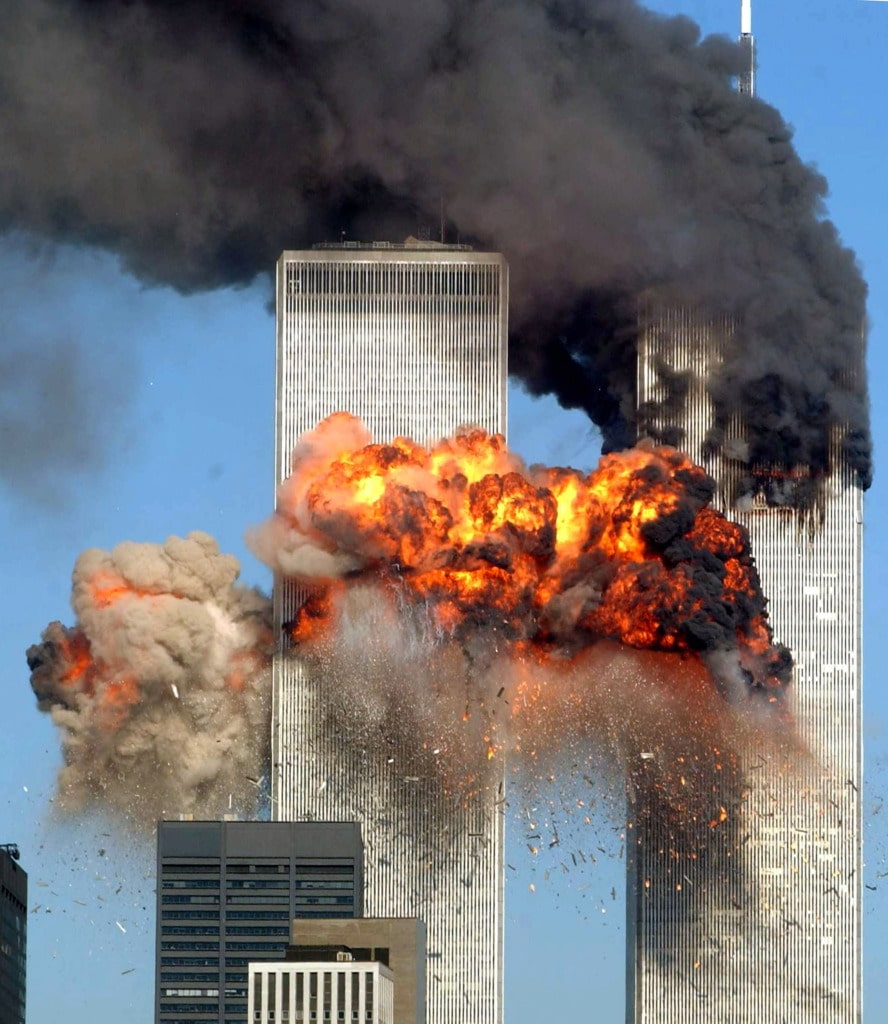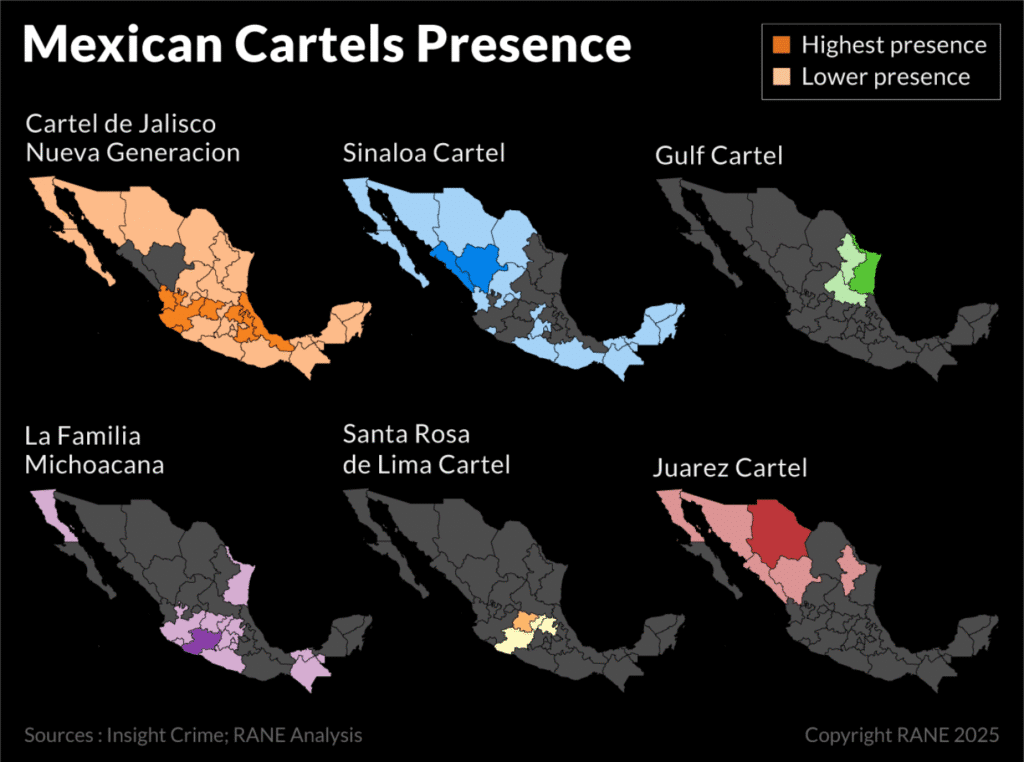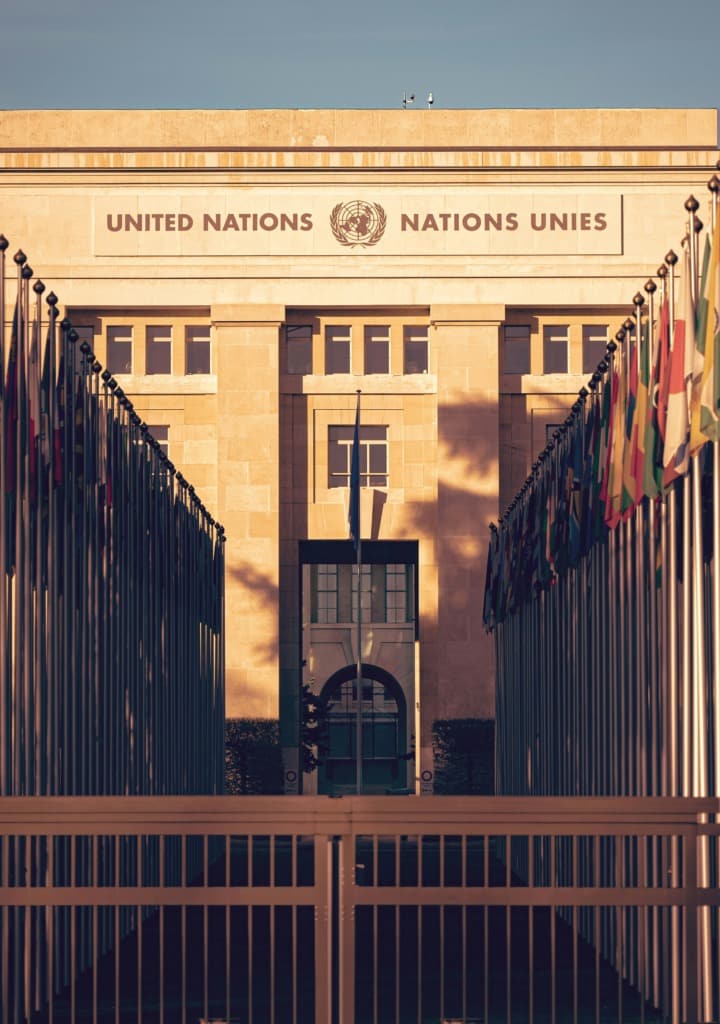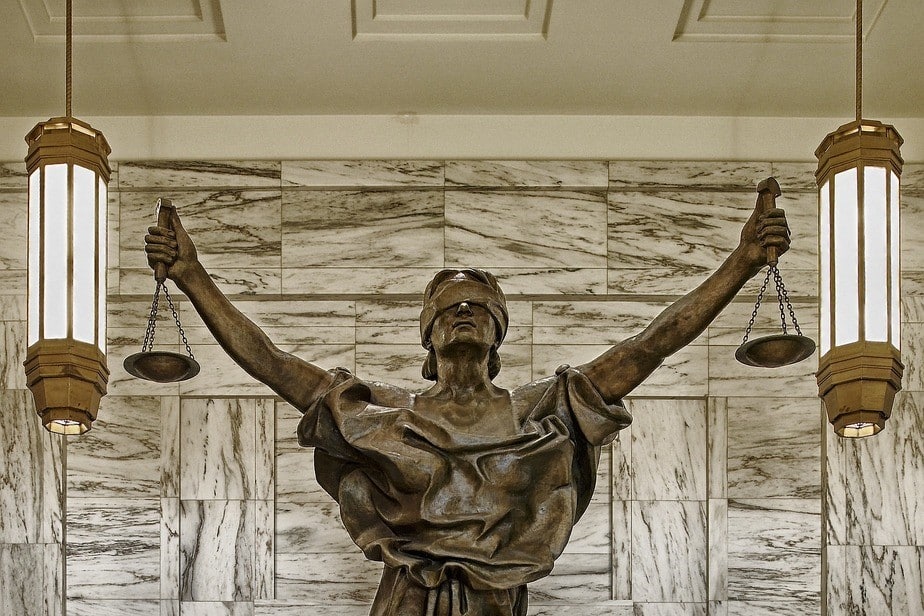When Are Frozen Assets “Blocked” Assets?
The U.S. government’s efforts to quash the attachment of Iranian assets by victims of state-sponsored terrorism have been rejected by the D.C. Circuit. In Estate of Levin v. Wells Fargo Bank, N.A., the court of appeals reversed Judge Boasberg’s decision in favor of the government, and apparently created a split with the Fifth and Seventh…
Continue ReadingDistrict Court Denies Saudi Arabia’s Motion to Dismiss 9/11 Claims
On August 28, 2025, Judge George B. Daniels (Southern District of New York) denied the Kingdom of Saudi Arabia’s (KSA) motion to dismiss claims arising from the 9/11 terrorist attacks. In In re Terrorist Attacks on September 11, 2001, Judge Daniels concluded that the plaintiffs had presented sufficient evidence to establish an exception to KSA’s…
Continue ReadingTrump Administration Backs Helms-Burton Plaintiffs in Two CVSGs
Last week, the Solicitor General filed briefs recommending that the Supreme Court grant review in two cases under the Helms-Burton Act. Passed in 1996, Helms-Burton allows U.S. nationals who own claims to property expropriated by Cuba to sue any person who traffics in such property, potentially for three times the value of the claim. Under…
Continue ReadingPotential Impact of Recent Cartel Designations
On January 20, 2025, President Trump issued Executive Order (E.O.) 14157, directing the Secretary of State to designate international criminal organizations, including drug cartels, as Foreign Terrorist Organizations (FTOs) under the Immigration and Nationality Act (INA) and as Specially Designated Global Terrorists (SDGTs) under the International Emergency Economic Powers Act (IEEPA). On February 20, 2025,…
Continue ReadingRussia’s Lugovoy Law and the Battle for Jurisdiction
Sanctions have not only complicated the enforcement of contracts—they have also begun to affect the forums in which transnational disputes may be resolved. Russia’s so-called “Lugovoy Law” allows sanctioned parties to sue in Russian courts even when they have agreed to have their disputes decided elsewhere, and it is backed by threats of steep penalties….
Continue ReadingWhy Canada’s Terrorism Exception Does Not Violate International Law
Like the United States, Canada has an exception in its State Immunity Act (SIA) for state supporters of terrorism. Canada has put Iran and Syria on the list of states against which claims for terrorism may be brought in Canadian courts. Under the SIA, Canadian courts have found Iran liable for shooting down a Ukraine…
Continue ReadingOn UNRWA’s Immunity
[This post originally appeared at TWAILR and is reprinted here with the author’s permission.] The U.S. government’s attack on the United Nations Relief and Works Agency for Palestine Refugees in the Near East (UNRWA), and indeed on the UN itself, has taken on new form. After instituting an extended freeze on U.S. funding to the…
Continue ReadingServing Foreign Defendants’ U.S. Counsel to Avoid the Hague Service Convention
Plaintiffs are sometimes frustrated trying to serve process on foreign defendants through the Hague Service Convention. Sometimes, they ask federal district courts to authorize service by email as an alternative means. The problem with this, as Maggie Gardner and I have explained in detail, is that that the means of service provided in the Convention…
Continue ReadingSecond Circuit Expands Scope of Anti-Terrorism Act Suits Against Foreign States
On February 4, 2025, in Schansman v. Sberbank, the U.S. Court of Appeals for the Second Circuit ruled that foreign states and their agencies and instrumentalities may be sued under the Anti-Terrorism Act (ATA) for acts of international terrorism, provided that one of the enumerated exceptions to sovereign immunity in the Foreign Sovereign Immunities Act…
Continue ReadingChoice of Law in Terrorism Cases in the District of Columbia
When an Iranian-backed terrorist group operating out of Lebanon detonates a bomb in Israel that kills a U.S. citizen domiciled in Texas, what law governs civil claims brought against Iran in the District of Columbia (DDC)? Some version of this choice-of-law question has been presented to the DDC many times over the past two decades….
Continue Reading








